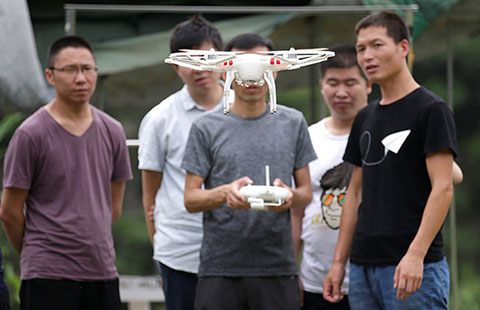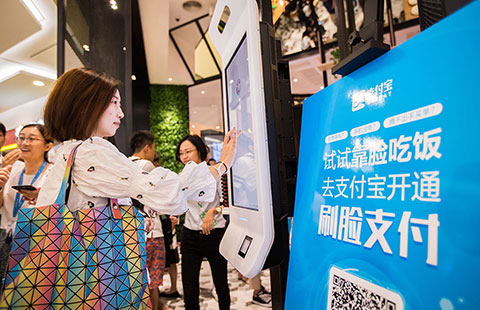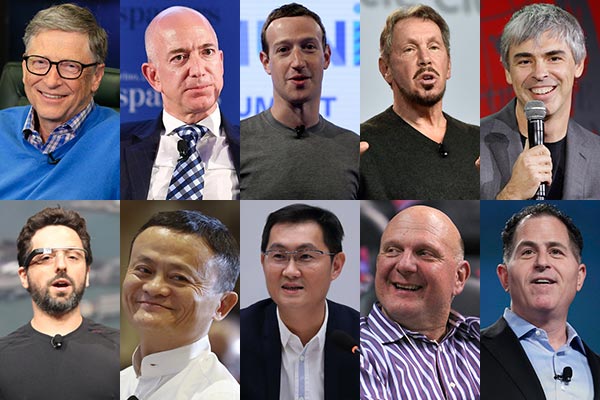Tech system will quicken logistics pace
DHL Supply Chain and Huawei Technologies jointly launched a Narrowband Internet of Things, or NB-IoT, application for improving logistics at manufacturing sites on Wednesday at an automotive site in Liuzhou, Guangxi Zhuang autonomous region.
The application is also aimed at raising the efficiency of the domestic logistics industry, the executives concerned said.
Supported by a range of industrial multimedia IoT protocols and interfaces, it offers connectivity, smart operations and device management functions at manufacturing sites.
"Waiting time for drivers will be halved from an average of 40 minutes to 20 minutes, and risks of manufacturing delays are significantly reduced as materials arrive in time and resources are optimized by the IoT solution," said Markus Voss, chief information officer and chief operating officer of DHL Supply Chain.
Leveraging existing infrastructure and limited investments, the IoT solution is designed to facilitate and streamline yard management for inbound-to-manufacturing logistics, which can significantly improve inbound processing time at the site, said Voss.
According to Zou Yin, CEO of DHL Supply Chain Greater China, the NB-IoT solution has been developed by adapting technologies of Huawei and China Mobile.
"Exploring new technologies like NB-IoT is one of many ways we are forging forward with our digitalization journey in China," said Zou.
"The cross-industry effort made by Huawei and DHL has enlightened industrial players to find a way out amid the fragmented logistics industry battling all these years with high cost due to the uneven resources, supply and demand of products," said Lin Guolong, director of the Shanghai Maritime University Logistics Research Center.
Lin said the fast development of e-commerce requires logistics to be more efficient and approachable, with higher service standard and lower cost. Despite its fast growth, logistics cost stays high; so, intelligent logistics via the IoT seems to be the answer.
The 2016 Commerce Logistics Operations Report released by the Ministry of Commerce said a total of 11.1 trillion yuan ($1.7 trillion) was spent on logistics last year, up 2.9 percent year-on-year and accounting for 14.9 percent of the GDP.
The percentage is much higher than 6.5 percent of the United States, Japan and Germany, and 3.5 percentage points higher than the global average.
"The high logistics cost, the warehouse land price as well as the management cost are the biggest hurdles confronting China's logistics development," Sun Xiaobo, a professor specializing in logistics from Beijing Normal University, was quoted as saying by Modern Logistics News.
The Liuzhou project is also an effort to cash in on the additional value from the IoT-applied international logistics industry.
"By 2025, the internet of things will have the potential to generate up to 1.77 trillion euros ($2.12 trillion) in additional value for the international logistics industry. Our goal is to enable a more integrated logistics value chain through greater connectivity, enhancing the customer experience," said Voss.





















